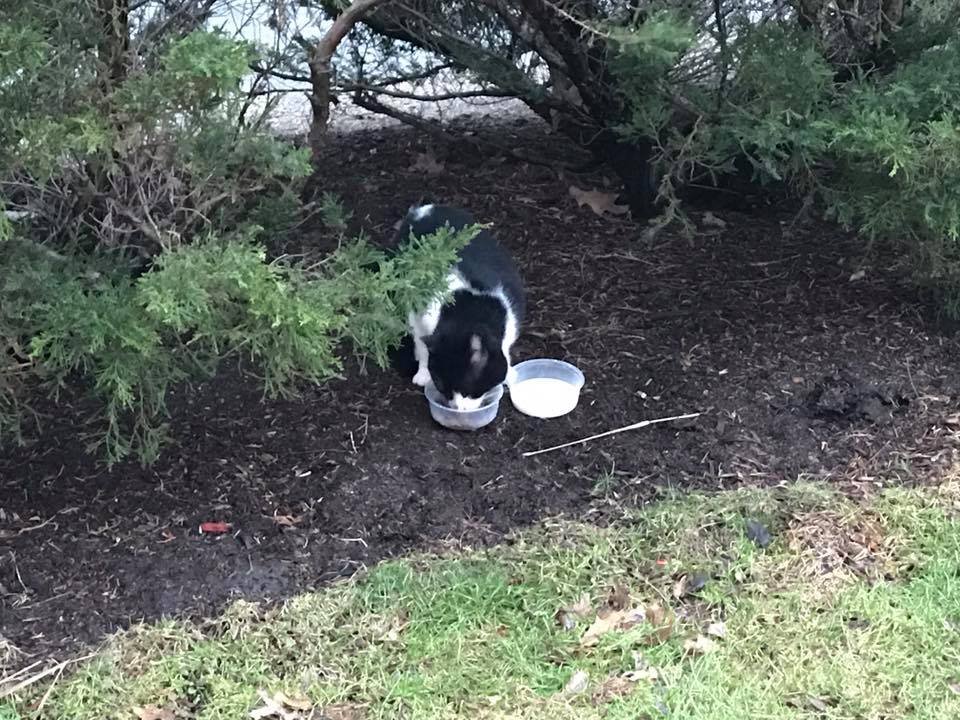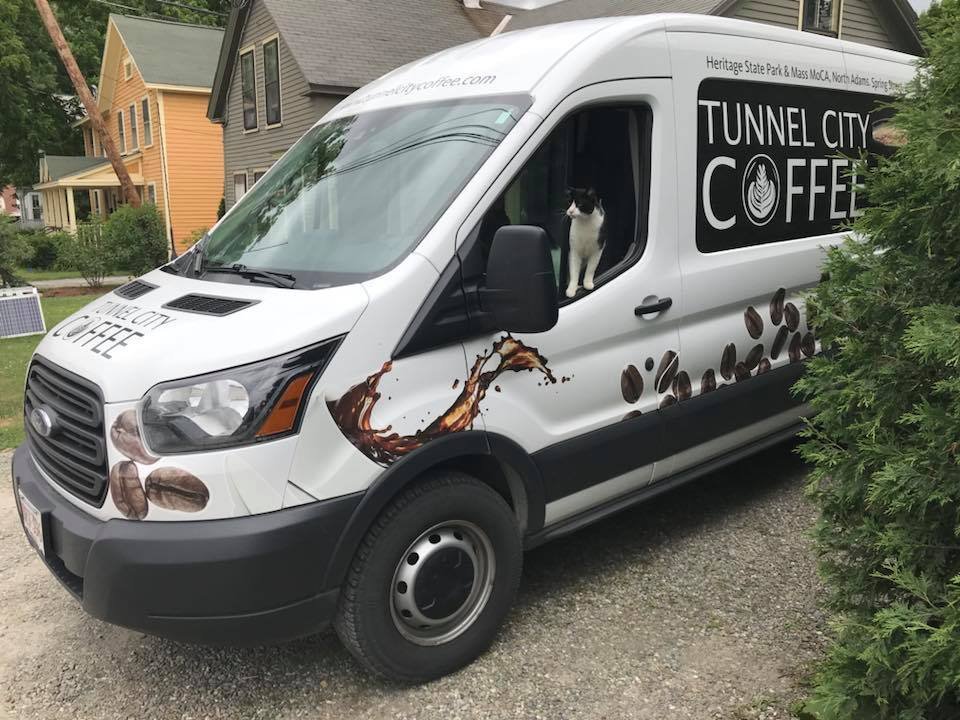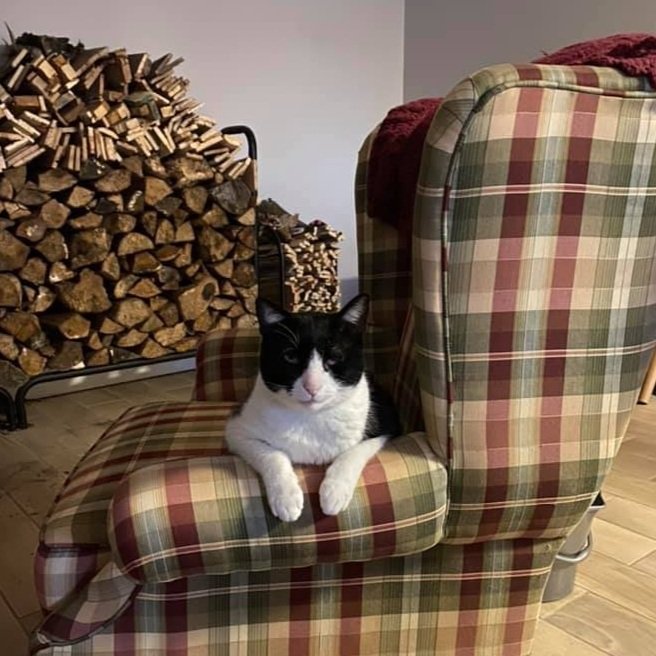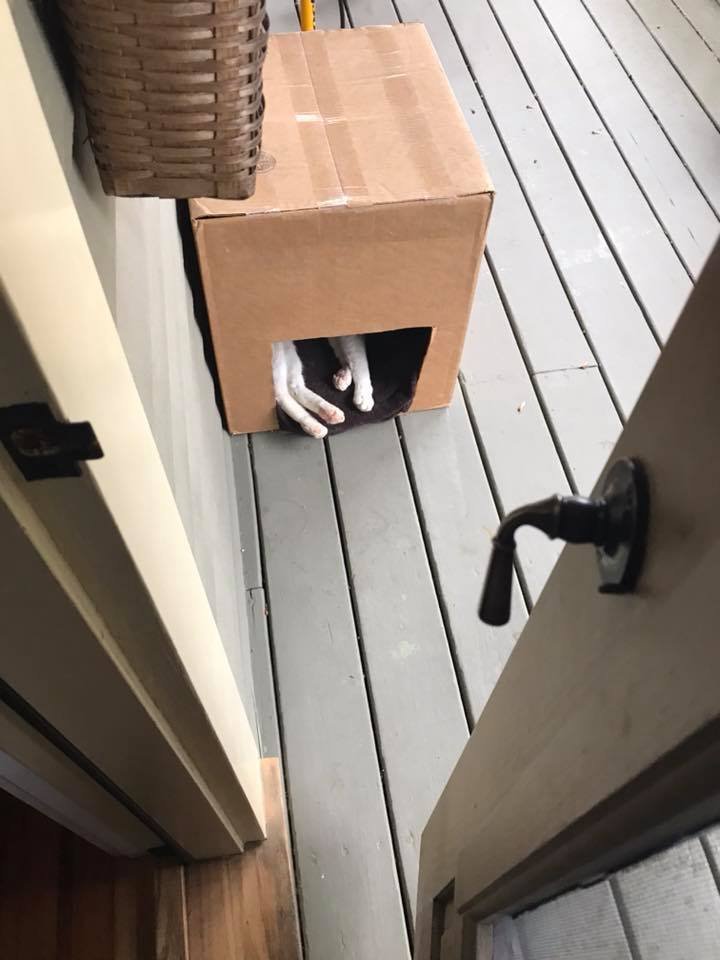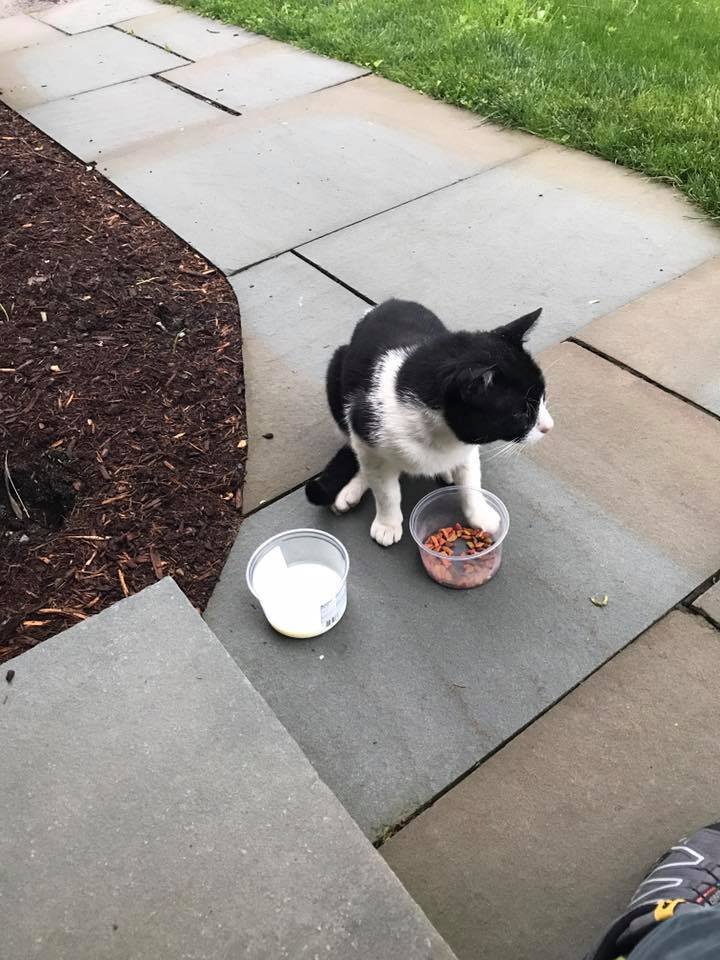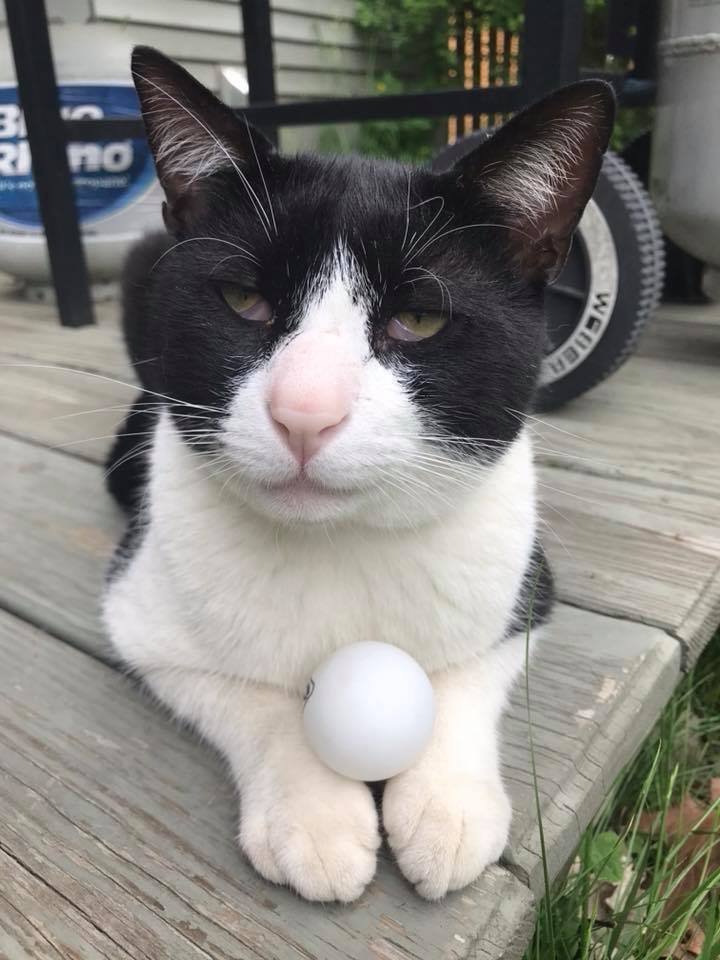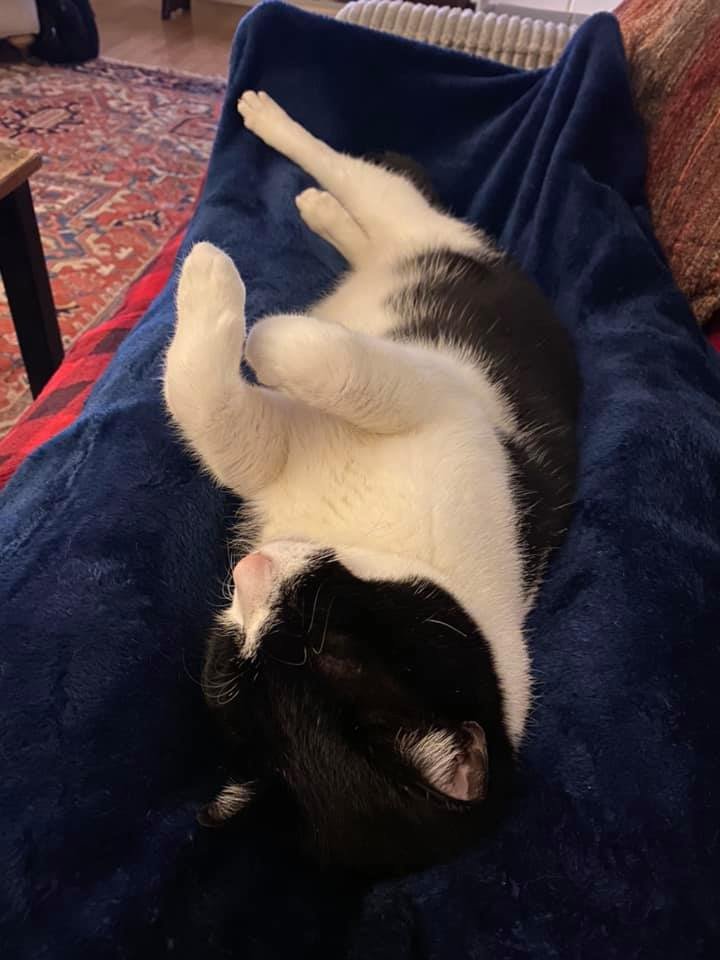Spring is officially here in the Berkshires, and that means the end of the academic year approaches for our local college populations. Many students and staff remain in the area for the summer, but others leave for internships, jobs and vacations. Unfortunately, some people leave their pets behind when they move away. We need to take responsibility for our animals as a community, especially with the increased number of pets adopted during the pandemic.
A 2003 study researching the stray cat problem near the University of Miami showed that 44% of all cats were considered strays. That same study determined that 70% of residents in the area fed stray cats. When people abandon their cats, neighbors are forced to surrender them to shelters, or continue feeding them as the stray population grows. Margaret Slater, a professor in the College of Veterinary Medicine & Biomedical Science at Texas A&M University, has run a feral cat program at the college since the late 1990s. According to Slater, “A feral cat has become one because somewhere down the line, a human let his or her cat out on purpose to let it survive on its own.” A feral cat is also prone to a much shorter lifespan and chronic health conditions that severely impact its quality of life.
TC in his cardboard box before moving into Paul and Bar’s house.
MEET TC!
If you are local to Williamstown, you might recall seeing a black and white cat hanging around the back of our cafe at 100 Spring Street. Tunnel City Cat, or “Trash Cat,” as he was nicknamed, had been abandoned and left to fend for himself through harsh winters and hot summers. Tunnel City Coffee owner Paul won TC’s trust with food, coaxing and eventually a cardboard box on the front porch. He now lives a happy life with his loving family, but TC still suffers from health issues due to his time as a stray.
RESOURCES:
Solving the pet abandonment problem is not a small task, but educating each other about responsible pet ownership is the first step. These articles from the Centers for Disease Control and Prevention and American Humane are great resources to help you decide if you are ready for a pet, and how to be a good pet owner if you already care for an animal. Local animal shelters can also provide information about what to do if you find an animal you think is abandoned, how and when to surrender an animal, and how to adopt an animal. If you are local to our area, you can reach out to Berkshire Humane Society with questions about responsible pet ownership and what to do if you find an abandoned animal.
